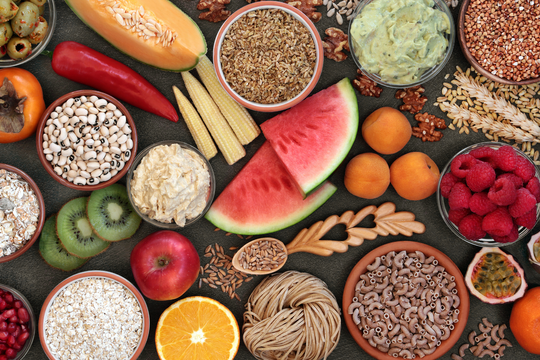Should you drink 2-3 cups of coffee a day? Daily caffeine limit according to experts
Drinking 2-3 cups of coffee a day may be good for your heart, but exceeding 400mg of caffeine can affect your heart, sleep, and mood.
Coffee drinking habit but not everyone is suitable
According to the National Coffee Association, two-thirds of Americans drink coffee every day in 2022. A Harvard study, which followed nearly 50,000 women for 30 years and was published in June, found that drinking coffee daily supports healthy aging, with one to three cups a day linked to heart health and reduced mortality.

However, a 2022 study in the Journal of the American Heart Association found that drinking a lot of coffee increased the risk of death from cardiovascular disease in people with high blood pressure, and excessive consumption may be linked to dementia risk.
Reasonable limit: Under 400mg of caffeine per day
The US Food and Drug Administration (FDA) recommends that adults consume no more than 400 milligrams of caffeine per day, which is equivalent to about three to four cups of regular black coffee.
Roxana Ehsani, a nutritionist, says that drinking two to three cups before noon is safe for most adults, as long as the total caffeine intake does not exceed the threshold.
Note: Caffeine is also found in tea, energy drinks, soda, and even chocolate, so count your total intake.

Caffeine affects people differently.
Everyone has a different threshold for caffeine. Some people may experience anxiety, heart palpitations, or insomnia after just one small cup. If you experience any unusual symptoms, experts recommend stopping immediately.
If coffee makes you more tired instead of alert, it's a sign of overconsumption.
If sleep is affected, limit coffee consumption to the morning only.
“If your heart is racing or your body isn’t responding well to coffee, you should stop even if you haven’t gone over 400mg,” warns nutritionist Jessica Sylvester.
Some groups should consider reducing caffeine
According to the Mayo Clinic, people who should limit or avoid caffeine include:
Pregnant women
People with cardiovascular disease
People with diabetes, especially when the coffee contains sugar, cream or condensed milk
Teens, according to the American Academy of Pediatrics, should avoid caffeine altogether.
In addition, experts emphasize that coffee should not be used as a meal replacement. Drinking coffee on an empty stomach can suppress appetite, cause digestive disorders or reduce energy.
Drinking coffee the right way: Delicious, good for health

To reap the benefits without the negative effects of caffeine, experts recommend:
Drink after breakfast or drink water before
Avoid drinking coffee after 2–3 pm if you are sensitive to caffeine
Limit to less than 400mg of caffeine per day, including from other sources such as tea and chocolate
Monitor body response and adjust individual dosage accordingly
Drinking 2-3 cups of coffee a day may provide health benefits, but stick to the 400mg caffeine limit and monitor your body's response. Tailoring your coffee drinking habits to your individual health is the safest approach.





